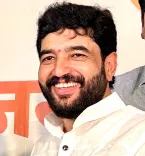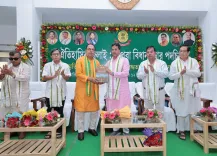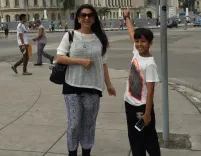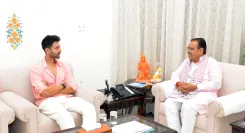Why is Naveen Patnaik Concerned About Rising Crimes Against Women in Odisha?
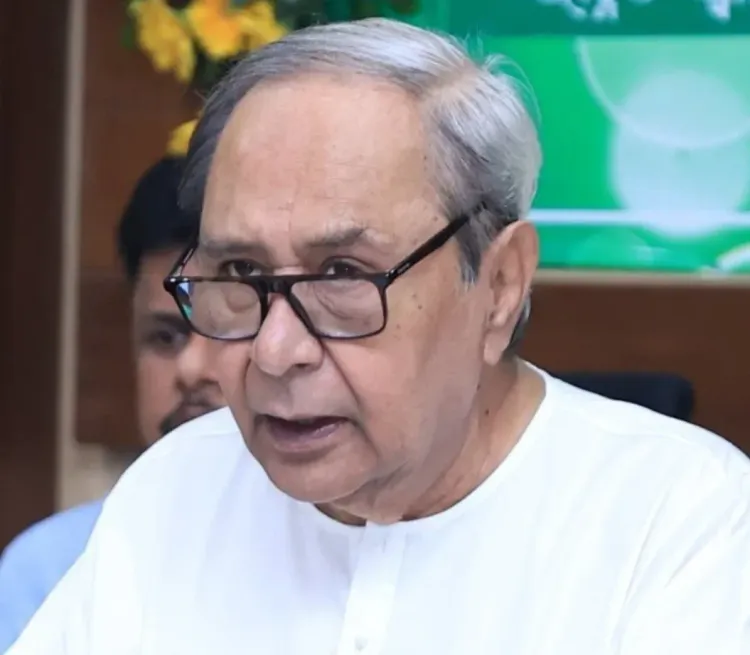
Synopsis
Key Takeaways
- Rising crimes against women in Odisha demand urgent action.
- Naveen Patnaik calls for better law enforcement.
- The US travel advisory raises safety concerns.
- Political interference undermines police accountability.
- Women’s safety must be prioritized over restrictions.
Bhubaneswar, July 22 (NationPress) Odisha’s Opposition Leader Naveen Patnaik expressed his serious concerns regarding the alarming increase in crimes against women within the state. He urged the state government to implement quick and effective measures to safeguard women.
Patnaik highlighted distressing incidents such as rape in Jajpur, gang rape in Jagatsinghpur and Malkangiri, as well as sexual assault in Puri, labeling the situation as both alarming and heartbreaking.
“A troubling surge of crimes against women is engulfing Odisha. In both urban and rural areas, the streets have become increasingly perilous for women—both during the day and night. A young student on her way to or from school cannot be assured of her safety,” he remarked.
He described the rise in sexual abuse incidents as a reflection of a failing law and order system in the state.
Patnaik emphasized the concerning decline in law enforcement, attributing it to political interference in policing, which undermines accountability and exposes women and girls to greater dangers.
He also pointed out a recent Level 2 travel advisory from the US Government, which named Odisha among six Indian states where American officials must obtain special permission to travel outside capital cities.
Despite a decreased Maoist threat in the state, Patnaik suggested that the advisory likely indicates international apprehensions regarding women's safety.
Referring to the now-revoked Ravenshaw University directive issued on July 17 that prohibited women from staying on campus after 5:30 PM, Patnaik remarked, “This reflects a mindset that imposes restrictions on women instead of ensuring their security. It appears more as a punishment for women rather than a genuine solution to the underlying problem.”
He emphasized the necessity of immediate and decisive police action, supported by strong political will, to address this crisis.
“Allowing local party leaders to interfere within police stations will merely normalize violence across the state—particularly gender-based violence,” Patnaik cautioned.
He called on the state BJP government to act promptly to guarantee the safety of women and restore their confidence in law enforcement.
“The BJD will persist in advocating for the protection of our mothers and sisters at every platform,” asserted the BJD Supremo.



